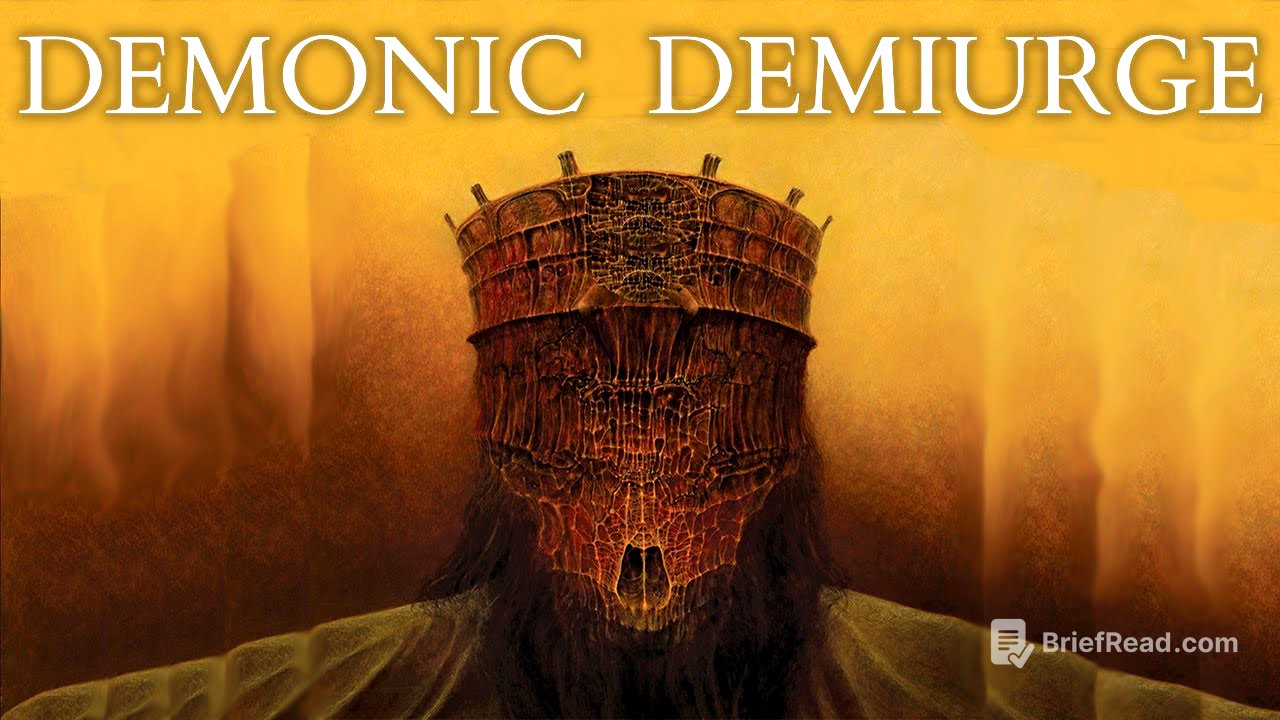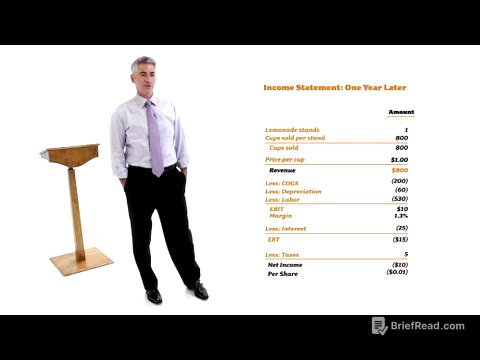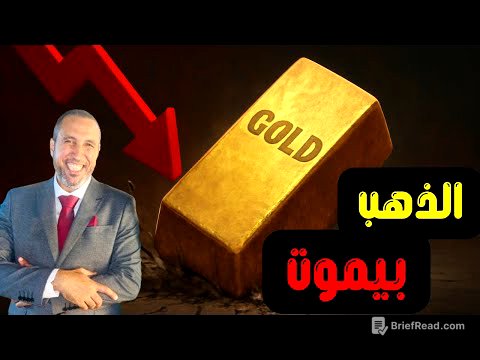TLDR;
This video explores the origins of the concept of the malevolent creator, or Demiurge, in early philosophical and religious thought. It traces the evolution of this idea from Plato's Timaeus, where the Demiurge is a beneficent creator limited by imperfect matter, to its demonization in Gnostic and early Christian texts. The video highlights the role of anti-Jewish polemics in Egypt, where the Israelite God Yahweh was linked with the demonic Egyptian god Seth, and how this association influenced the development of the concept of an evil Demiurge.
- The concept of a malevolent creator was shocking to the ancient world, where gods were generally seen as good.
- The demonization of Yahweh as a donkey-headed deity was a key step in the development of the evil Demiurge concept.
- Early Christian figures like Marcion further developed this idea, portraying the Old Testament God as a malevolent enslaver.
Introduction: The Shocking Idea of a Malevolent Creator [0:00]
The video introduces the concept of a malevolent creator, a shocking idea in contrast to the prevailing ancient belief that the cosmos was created by a good and beneficent being. Despite diverse intellectual and spiritual positions, there was a general agreement that the cosmos, though imperfect, was created for human flourishing. However, within the melting pot of philosophy and mysticism that would become Christianity, the idea emerged that the world is a horrifying prison created by a malevolent, mistaken demiurge, viewed as a nightmarish demon driven by delusion, wrath, and jealousy.
The Good Demiurge: Plato's Timaeus [4:28]
The video addresses the origins of the Demiurge concept, tracing it back to Plato's dialogue, the Timaeus. Plato posited a beneficent Demiurge who crafts the cosmos to the best of their ability, but is limited by the imperfect nature of matter (hyle). The Demiurge creates the most orderly cosmos possible, integrating his religious inheritance with his theory of forms. The cosmos is a beautiful, living creature composed of perfect geometric solids and suffused with an intelligent soul, making it divine. Humans are microcosmic reflections of this cosmos, with an eternal soul and a physical body.
The Rise of the Evil Demiurge: Speculation and Dark Waters [13:14]
The video transitions to the emergence of the concept of the malevolent creator, acknowledging the limited evidence and speculative nature of its origins. It refutes the earlier theory that the evil Demiurge concept originated within alexandrian Jewish circles, citing the lack of evidence in Jewish texts. Instead, it proposes that the idea likely originated in the Pagan demonization of the Israelite God Yahweh.
Demonizing Yahweh: The Egyptian Response to the Exodus [16:39]
The video explains how the Exodus story, central to Israelite mythology, was perceived negatively by Egyptians, who saw it as painting their empire as defeated by slaves. In response, Egyptians linked Yahweh with the demonic god Seth, associated with chaos, the desert, and foreigners. This association was facilitated by the existing link between Seth and the Canaanite storm god Baal. The Exodus story itself, with its plagues and violence, lent itself to a Seth-like interpretation of Yahweh.
Seth and Yahweh: Magical Practices and Mockery [28:30]
The video presents evidence of the Seth-Yahweh link in magical practices of the time, particularly in Egyptian alexandrian contexts. Spells and gems invoke Seth and Yahweh together, suggesting they were equated in the minds of some practitioners. The idea that Jews worshiped a donkey-headed deity, a trait associated with Seth, was also transposed onto early Christians.
The Evil Demiurge in Early Christian Thought: Marcion and Gnosticism [34:18]
The video discusses how the demonization of Yahweh influenced early Christian thought, particularly with the apotheosis of Jesus. Figures like Marcion argued that the Old Testament God was not a god at all, but a malevolent creator. In Gnostic texts, the Demiurge plays a complex role, sometimes as a horrible, jealous being and other times as a flawed but ultimately redeemable figure. The video concludes by setting the stage for future episodes that will explore the metaphysical and textual issues of early Christianity and the Gnostic myths of the sethians and valentinians.









